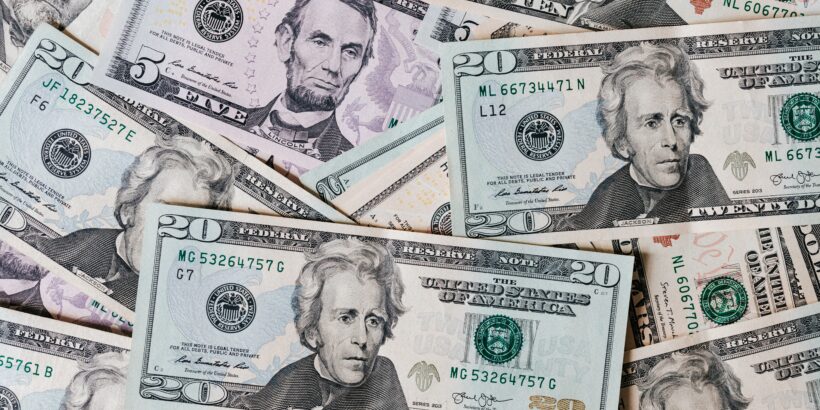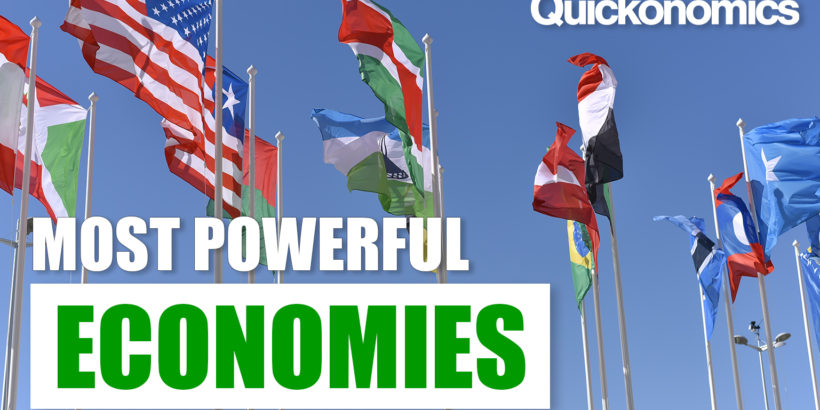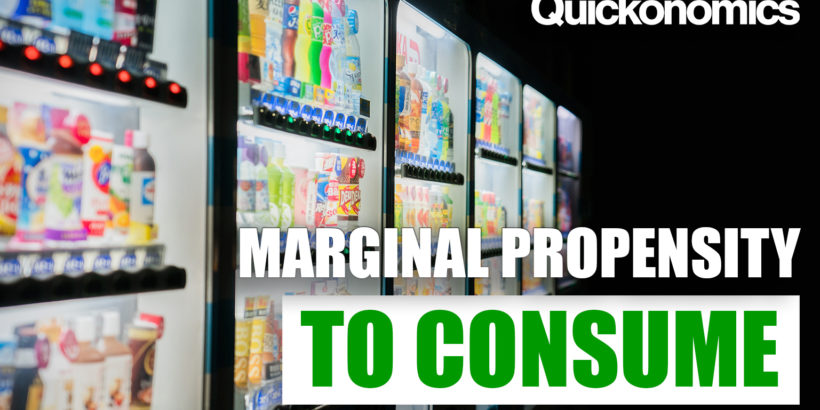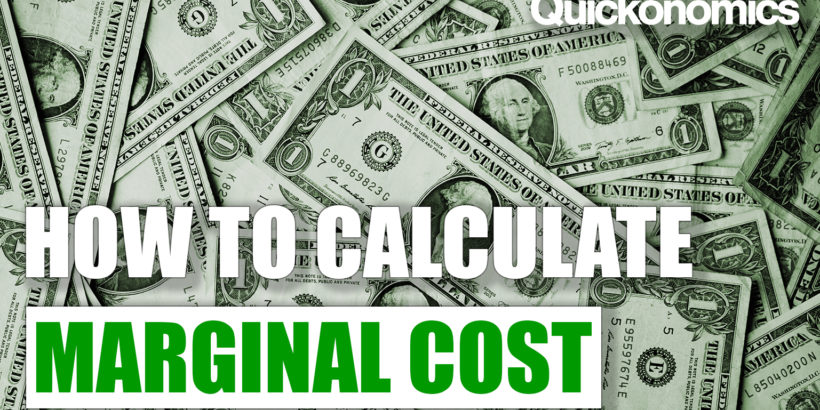In the digital age, fame and fortune can be just a swipe away. Imagine waking up, grabbing your phone, and seeing thousands of new followers and comments pouring in. You’ve gone viral overnight, and suddenly brands are sliding into your DMs, offering you free products and even cash just to […]
Read more








